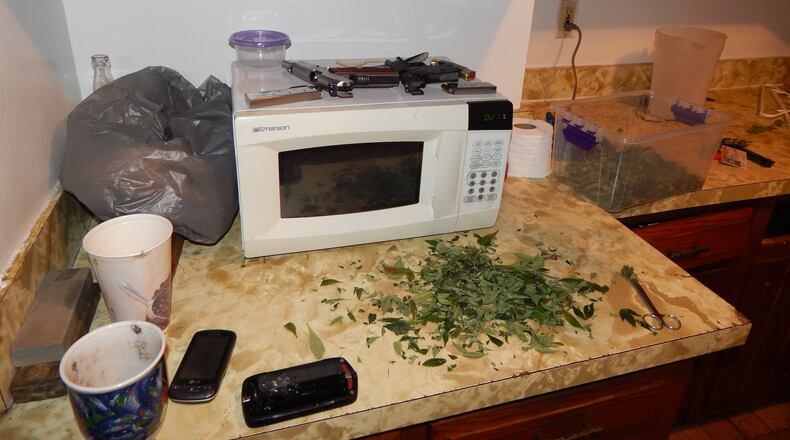“You’ve got to be able to look at the local conditions,” said Kristina Latta-Landefeld, director of community programs for Envision Partnerships, which provides staff for programs that work to reduce suicides, drug abuse and other social issues. “What is it that makes Hamilton Hamilton?”
For example: Are middle-school and high-school students trying to be cooler? Do they think taking drugs will make things easier? Are they feeling a lot of pressure to smoke tobacco or marijuana, vape, or drink alcohol?
“What is it specific to this city? And then that’s what you go off of,” she said. “Even between Hamilton and Fairfield, there’s differences. The culture’s going to be different. It’s really data-driven.”
She noted prevention advocates have had a longstanding relationship with Hamilton schools through the years in collecting survey data.
“We have somebody who’s already on staff, who’s from Hamilton — she graduated from Hamilton High School in 2015 — and she is going to be leading the youth portion of that,” she said.
That prevention coordinator, Astrid Gomez, studied public health at Ohio University. She already has started working with youth at the Boys and Girls Club of Hamilton and the Rev. Shaquila “Pastor Shaq” Mathews’ HYPE (Hamilton Young People Empowered) program.
Much of the program will involve meeting with students “to get them to share what they’re experiencing,” Latta-Landefeld said. “What are some of the things that they recognize as being obstacles to healthy living?”
Among things the program hopes to learn is how are students in middle- and high-school being affected by the coronavirus pandemic’s physical distancing and the lack of their usual social contacts with others.
“Whatever stress that might be felt at home then gets reverberated when you’re stuck in that same environment,” she said. “You don’t even have the break of going to school, or you have less of it.”
And then they together will start to come up with solutions,” she said.
For the program’s first year, the goal is to reduce use of vaping, marijuana and alcohol by 5 percent each.
“I’m so excited they were awarded this grant,” said City Council Member Susan Vaughn. “They’re not easy to get.”
Vaughn retired in 2019 as director of Miami University’s Office of Ethics and Student Conflict Resolution. Earlier in her career, in the mid-1980s she was the alcohol and drug-abuse specialist.
“It’s critical that we get these dollars and that we put them to work and make a difference,” Vaughn said.
About the Author

